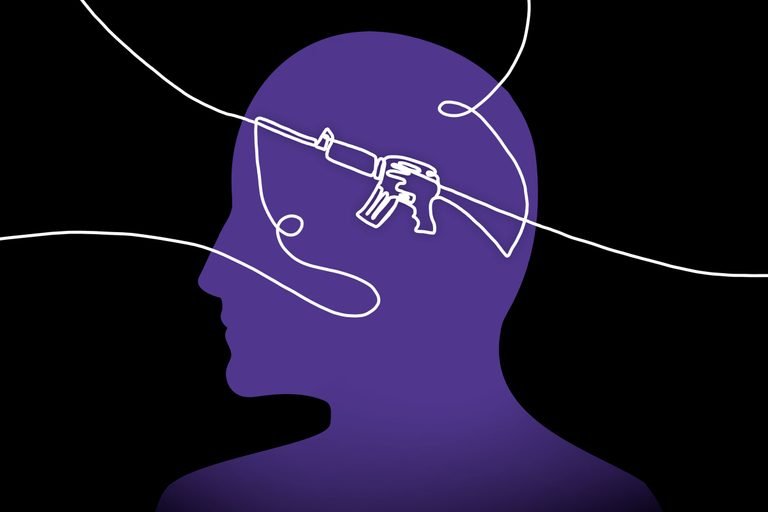Opinion: We're having the wrong conversations about mental health and mass shootings
By Alexa James
Originally posted on November 6, 2023 in Crain’s Chicago Business
Opinion: We're having the wrong conversations about mental health and mass shootings
The Oct. 25 tragedy in Lewiston, Maine, the deadliest mass shooting of 2023, was yet another sobering moment in our nation's ongoing battle with the gun violence epidemic. So was the Oct. 29 incident in Lawndale, along with another 12 mass shootings recorded across the country over Halloween weekend.
In the wake of mass shootings, we are understandably desperate to make sense of what happened and identify solutions when the otherwise unthinkable has occurred, which often leads to calls for increased mental health funding. Though it's a positive sign to see broader recognition of the importance of mental health, these rinse-and-repeat conversations connecting mental health and mass shootings are not leading to fewer tragedies.
This dialogue fails to acknowledge that the solutions to affect change are far more nuanced, complicated and messy. They will require putting measures in place to reduce access to and confiscate weapons that are designed to kill as many people as possible, and examining broader approaches for how we prepare law enforcement and mental health professionals.
Much of my life's work revolves around voicing the needs of those living with mental illness, so I will always stand by increased funding for the work we at the National Alliance on Mental Illness (NAMI) in Chicago and other advocates lead, but we must be able to move beyond the basic rhetoric that more mental health funding on its own will serve as a solution.
It's time we take the conversation in a different direction.
For many reasons, the mental health system alone is not equipped to change the tide on this public health crisis. While there are certainly instances in which mass shooters are living with a psychiatric disorder, it's a dangerous misconception to assume that all are — as it is to see this connection in most cases applied to perpetrators who fit a certain profile.
In reality, mass shooters don't necessarily suffer from major psychiatric disorders. In 2000-2013, only 25% of assailants had been diagnosed with one, according to a 2018 study by the FBI. When people are flagged as at-risk of committing an act of violence by friends, family or others, the psychiatrists who are often called upon to evaluate them may determine the individual is not experiencing a psychiatric disorder and therefore does not meet the criteria for intervention within the mental health system.
We won't succeed in securing a better outcome if mental health, gun policy and law enforcement remain siloed.
To ensure at-risk individuals don't fall through the cracks, whether they are living with a mental health condition or not, we need to build an integrated strategy that enables psychiatrists to more closely coordinate with law enforcement and other risk-mitigating agencies, and that encompasses increased training and resources to disrupt the cycle. Building this system would occur within the bounds of HIPAA and other privacy laws, but has enormous potential for identifying and supporting at-risk individuals.
Even still, this is not enough. We need to acknowledge the elephant in the room and have a national dialogue around assault weapons. I know this is a polarizing and deeply partisan issue, but law enforcement and mental health professionals can't go it alone, as even they have their limitations. We need other protections in place to prevent guns from getting into the wrong hands. The data is clear: When assault weapons bans are in place, mass shootings are less frequent. Republicans and Democrats from across the country need to come together to find a path to passing a ban.
This public health crisis demands a federal-level approach. 2023 is on track to breaking the record for the highest number of mass shootings recorded in the United States in a single year. These tragedies are happening in every community, and we can no longer place the burden on municipalities and states whose piecemeal approaches are not equipped to comprehensively address our country's mass shooting epidemic.
While the rise of mass shootings represents a dark chapter in our nation's history, it's not a chapter without hope. We are now at a crossroads for when and how to discuss mental health in relation to these tragedies. If we can engage in more nuanced conversations around this issue to better understand the complexity of what leads to mass shootings and take the first step toward building a coordinated intervention system, I'm confident that we can find the light at the end of this tunnel.
Feel overwhelmed? Need someone to talk to? Call our Helpline for support, 833-NAMI-CHI 833-626-4244.

